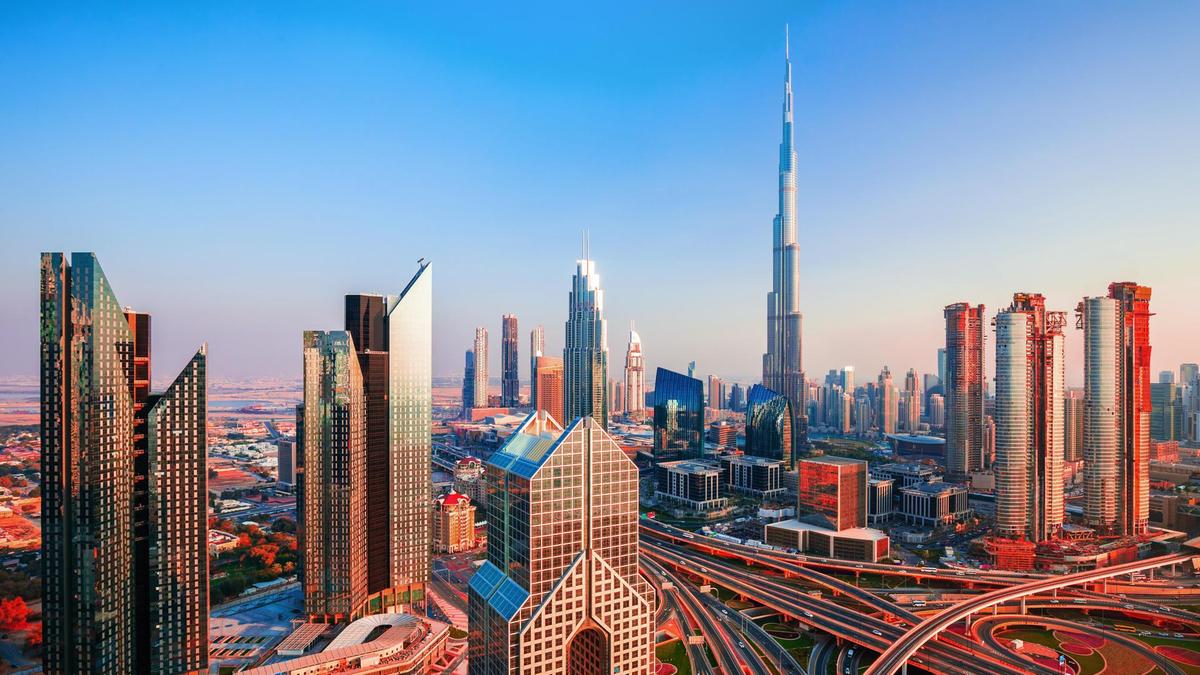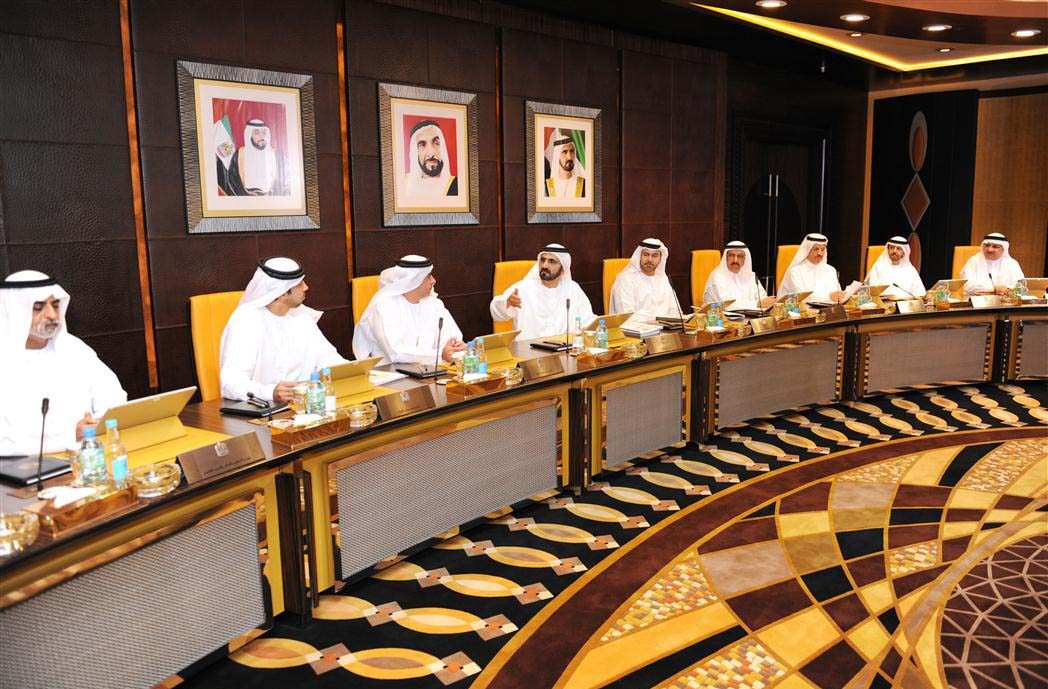UAE develops survival strategies in difficult times and battles the world pandemic with style

The economy of the United Arab Emirates is the second largest in the Middle East, after Saudi Arabia, with a gross domestic product (GDP) of US$354 billion in 2020. The UAE has been successfully diversifying its economy, particularly in Dubai, but still remains heavily reliant on revenues from petroleum and natural gas, which continue to play a central role in its economy, especially in Abu Dhabi. Tourism is one of the bigger non-oil sources of revenue in the UAE, with some of the world’s most luxurious hotels being based in the Emirates. A massive construction boom in the past couple of decades, an expanding manufacturing base, and a thriving services sector are helping the UAE diversify its economy. Nationwide, there is currently $350 billion worth of active construction projects.
Unfortunately, just like dozens of other economies around the world, the UAE has experienced some negative impact from the COVID-19 pandemic. Trade, tourism and transportation are the foundations of the UAE economy. Travel restrictions have impacted tourism, businesses and the supply chain of businesses in the UAE. The UAE’s Central Bank has recently reported that they have seen a decline in economic activity as a result of COVID-19. Recent reports of the International Monetary Fund project state the real GDP of the UAE as -6.6 percent for 2020, citing the impact of low oil prices as one of the key reasons for the decline in the UAE economy.

The UAE Government has recently introduced several policies to boost the economy and moderate the impact of COVID-19, with stimulus measures worth about 18 per cent of the GDP of the UAE. Out of the AED 100 billion worth of monetary aid announced so far, the majority of the funds have been earmarked towards consumers. Dubai and Abu Dhabi have announced individual fiscal packages in addition to the AED 16 billion stimulus announced by the UAE Cabinet for all seven Emirates. In total, the combined size of all the stimulus programs now exceeds AED 120 billion.
In the wake of COVID-19, authorities worked swiftly to implement measures to contain the pandemic, postponed major events such as Dubai Expo 2020, imposed social distancing, and large-scale testing.
Over the medium-term, and dependent on the speed of global recovery, growth in the UAE is expected to reach 2.5% by 2022; supported by the government’s mitigation and recovery plans, higher oil prices and production capacity, improved business sentiment and a boost from Expo 2020 Dubai. The Abraham Accords, which established relations between the UAE and the State of Israel, could expand opportunities as it also involves trade and technology cooperation. Modest inflation will return as growth rebounds.
Dubai has been recently awarded a “Safe Travel Certification” from the World Travel and Tourism Council and the UAE also ranks third in COVID- 19 testing per one million of population. With the gradual easing of measures, continued government stimulus and with the upcoming Expo this year, many economists are of the view that the UAE economy will have experienced significant recovery by the end of 2021.